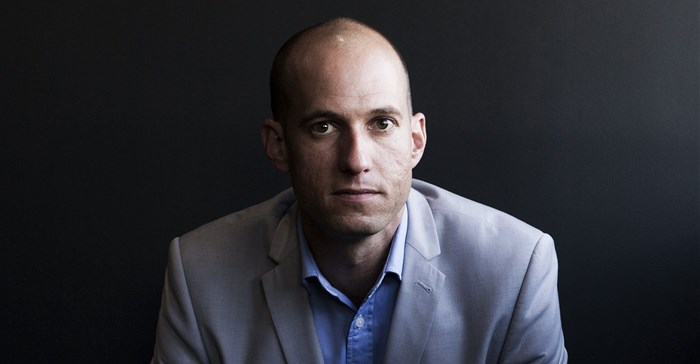
Top stories





Marketing & MediaAds are coming to AI. Does that really have to be such a bad thing?
Ilayaraja Subramanian 8 hours

More news


















Zero loss – for the environment, people, assets and communities – focuses on leveraging a manufacturing mindset and continuously identifying losses and leakages in operational processes. Zero waste is cantered on approaching business through a circular economy model.
The concept of the circular economy is not new. It seeks to replace today’s linear, take-make-dispose approach to resources with one in which materials are kept at their highest material value and constantly cycled back through the value chain for re-use, resulting in less energy and resource consumption. With their connections that reach both upstream and downstream, and products that are woven deeply into everyday life, chemical companies can help society as a whole to address some of its biggest environmental and sustainability challenges.
However, the move to circularity requires vigilance and decisive action, as it promises to disrupt the industry’s value chains, profit pools and demand patterns while creating new opportunities for growth. Engaging in circularity is no longer a nice to have – it is a key source of competitive advantage.
The time for transformative, collaborative action is now. Research suggests that greenhouse gas emissions in the atmosphere can only be decreased by approximately 50% through carbon reducing operational efficiencies and widescale implementation of renewable energy solutions. The remaining 50% must come from a transformation in how we produce and consume resources.
Therefore, transformation of the energy system, in conjunction with fundamentally altering how we rethink production and consumption, are both equally vital in carving out a new normal. More than ever before, businesses must play a leading role in this new economic structure, spearheading innovation for change to protect the planet and create new value. The circular economy presents a framework for this change, a solution to planetary challenges and a significant business opportunity.
Calling for a full reinvention of entire value chains, waste is designed out; products are looped back into the system; growth is decoupled from consumption; and materials are kept within productive use. Circularity is also an engine for opportunity creation across industries, where through innovative business models and enabling new technologies, the very concept of waste is redefined.
One industry where circularity is gaining ground as a solution to resource challenges is across metals and mining. Mined metal commodity production is predicted to jump to 250% by 2030 to satisfy demand, resulting in significant increases across extraction and waste generation activities. Despite the challenges, the opportunities for sustainable value capture are vast.
Circular waste-to-value opportunities can be capitalised on upstream, through implementation of zero-waste-to-landfill initiatives, and downstream, through innovative metal recycling solutions, for example. Umicore’s effort to buy sustainably mined cobalt raw materials to manufacture rechargeable battery components is a leading example of resource reuse within the industry.
Finally, through implementation of innovative business models, such as secondary material marketplaces and collaboration in the form of material stewardship practices, a circular transition is possible in the metals and mining industry. The potential to scale solutions is now amplified by breakthroughs in renewable energy and disruptive technologies – from platforms, to the internet of things (IoT) and blockchain for traceability, to advanced analytics, connected supply chains, machine learning and AI, in addition to many others.